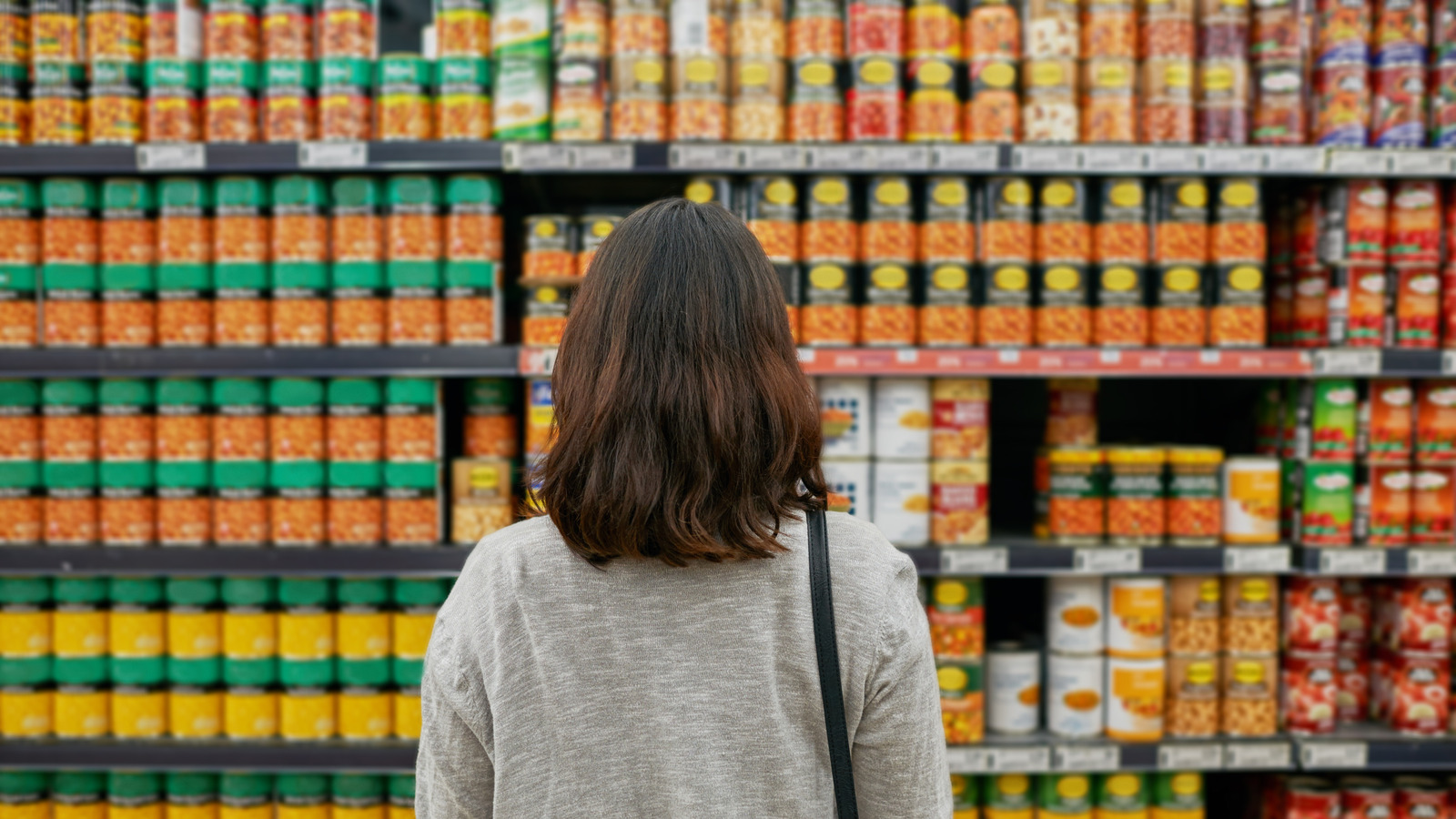
"Bacterial activity and food spoiling can release gas that pushes against the can. In the worst case, bulging indicates that a can may not have been sealed properly, so bacteria like clostridium botulinum, which causes the potentially fatal botulism, can get in. The environment inside cans - low in oxygen and acidity, high in moisture - are this bacteria's best friends."
"Some of these signifiers are helpfully obvious, like moldy bread, slimy greens, or grayish meat. Bulging cans can be tricky because we can only see what's going on with the packaging, not its contents. But when it comes to bulging cans, it's dangerous to eat that food. The bulge tells us that something is going on inside. Essentially, you can't be too careful here, and cans misshapen in any way are safest when avoided."
Bulging cans indicate internal problems because gas from bacterial activity and spoilage can push against the packaging. In severe cases, bulging occurs when cans were not sealed properly, allowing bacteria such as Clostridium botulinum to enter and thrive in the low-oxygen, low-acid, high-moisture environment inside cans. Botulism produces a toxin that can impair breathing, cause paralysis, and be fatal. Cans misshapen in any way should be avoided. Minor dings at home usually do not affect contents, but heavily dented or damaged cans should be avoided when purchasing.
Read at Tasting Table
Unable to calculate read time
Collection
[
|
...
]